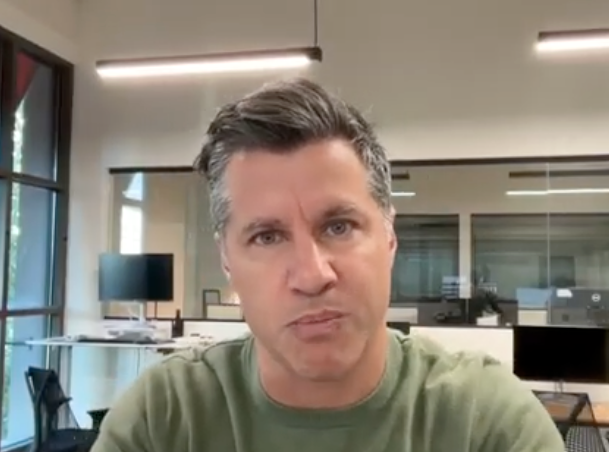Explore our blog
Featured article
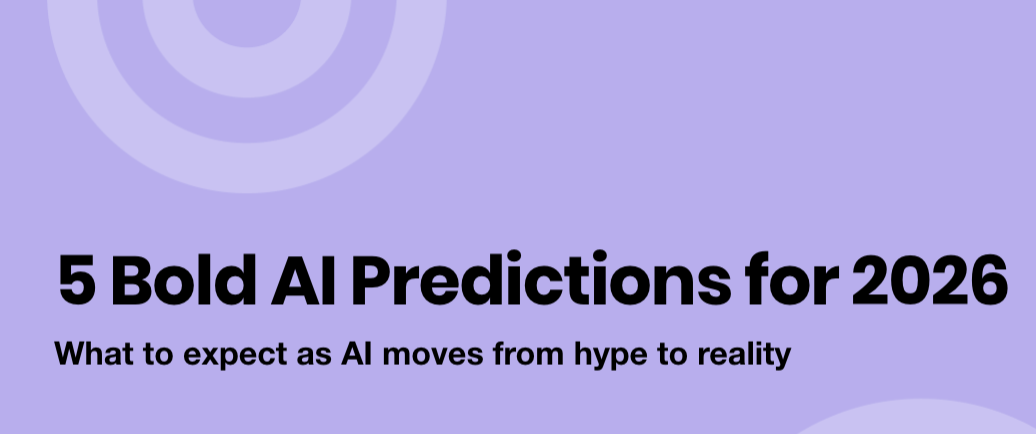
2025 Is the Year That AI Exploded. What Can We Expect in 2026?
The article argues that 2025 marked a true explosion in AI — not just hype — and that 2026 will test whether that acceleration leads to sustainable value or ends up as over-inflated expectations. As AI moves rapidly from vision to deployment, the key challenge ahead is discerning long-term impact from short-term noise.
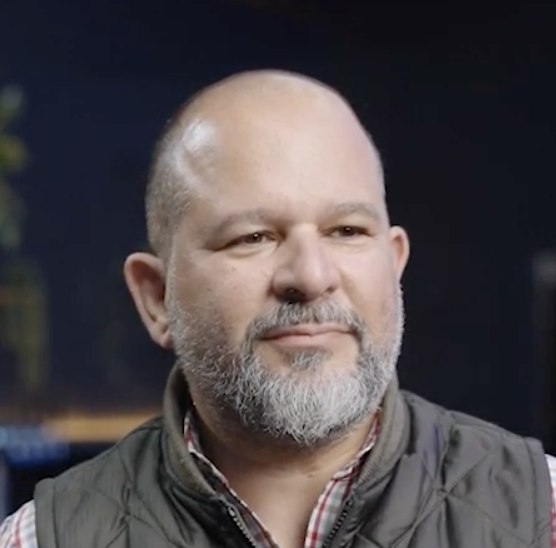
In an era where speed often eclipses substance, Headlamp stands apart by building with patience, empathy, and precision. Founded by Erwin Estigarribia and Manaswini Sugatoor, the company tackles one of healthcare’s hardest challenges — uniting fragmented behavioral and biological data to serve patients with greater clarity and trust.
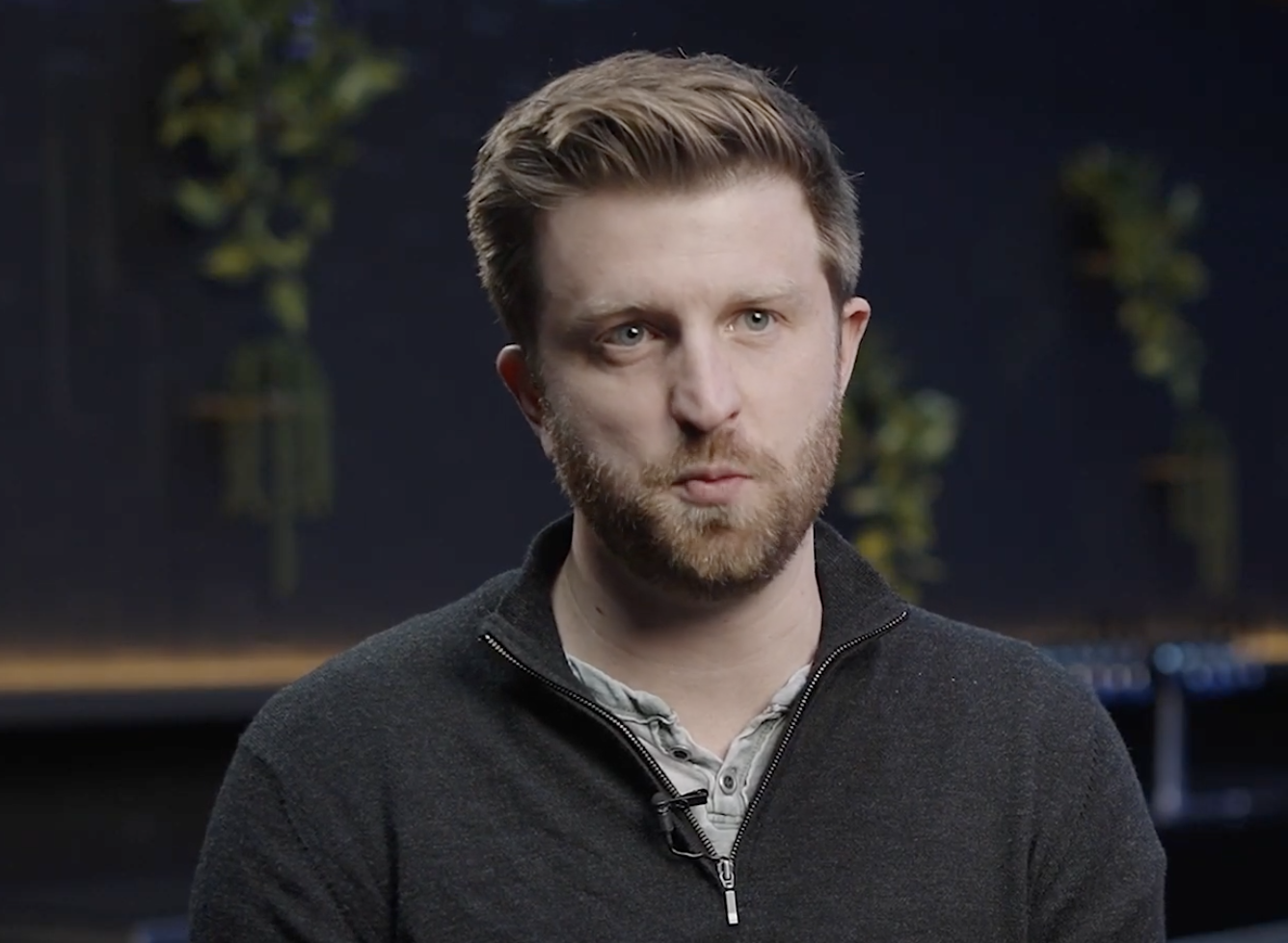
Data privacy surged with GDPR and global laws—great for citizens, costly for businesses. Now AI-powered privacy tools are flipping the script: automating consent and preference management, mapping personal data across systems, dynamically adapting to new rules, orchestrating end-to-end DSR requests, and pre-flagging risks via automated PIAs. Compliance moves from manual, expensive, and brittle to faster, accurate, and auditable—turning privacy from a cost center into a competitive advantage that strengthens brands and deepens customer trust.
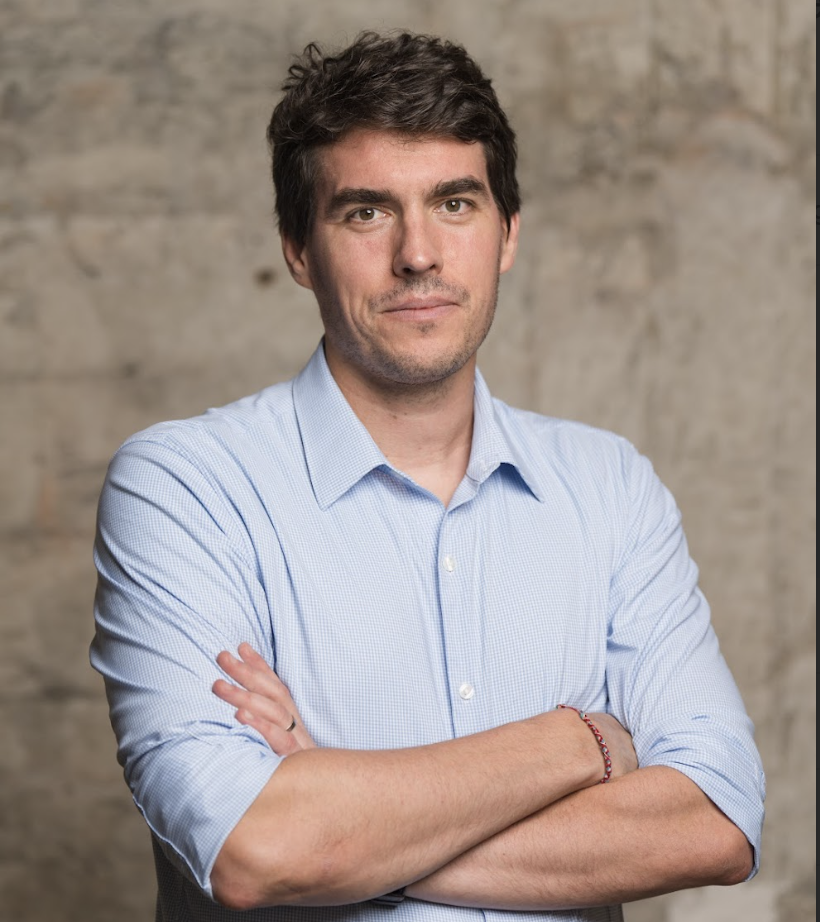
Over the past six months, ChatGPT’s new clickable links and search-style results have driven a surge in referral traffic, fueling rapid growth in Answer Engine Optimization (AEO), a trend expected to accelerate in the coming years. Are you ready? In fact are you alredy adopting SEO practices and making the necessary adjustments to make sure you customers and prospects can find you when they come looking. Whether you are educating or engaging, check out our marketer, Stéphane Le Mentec, director of demand generation at Ketch who knows a thing or two about AEO.
No items found.
Reset All

